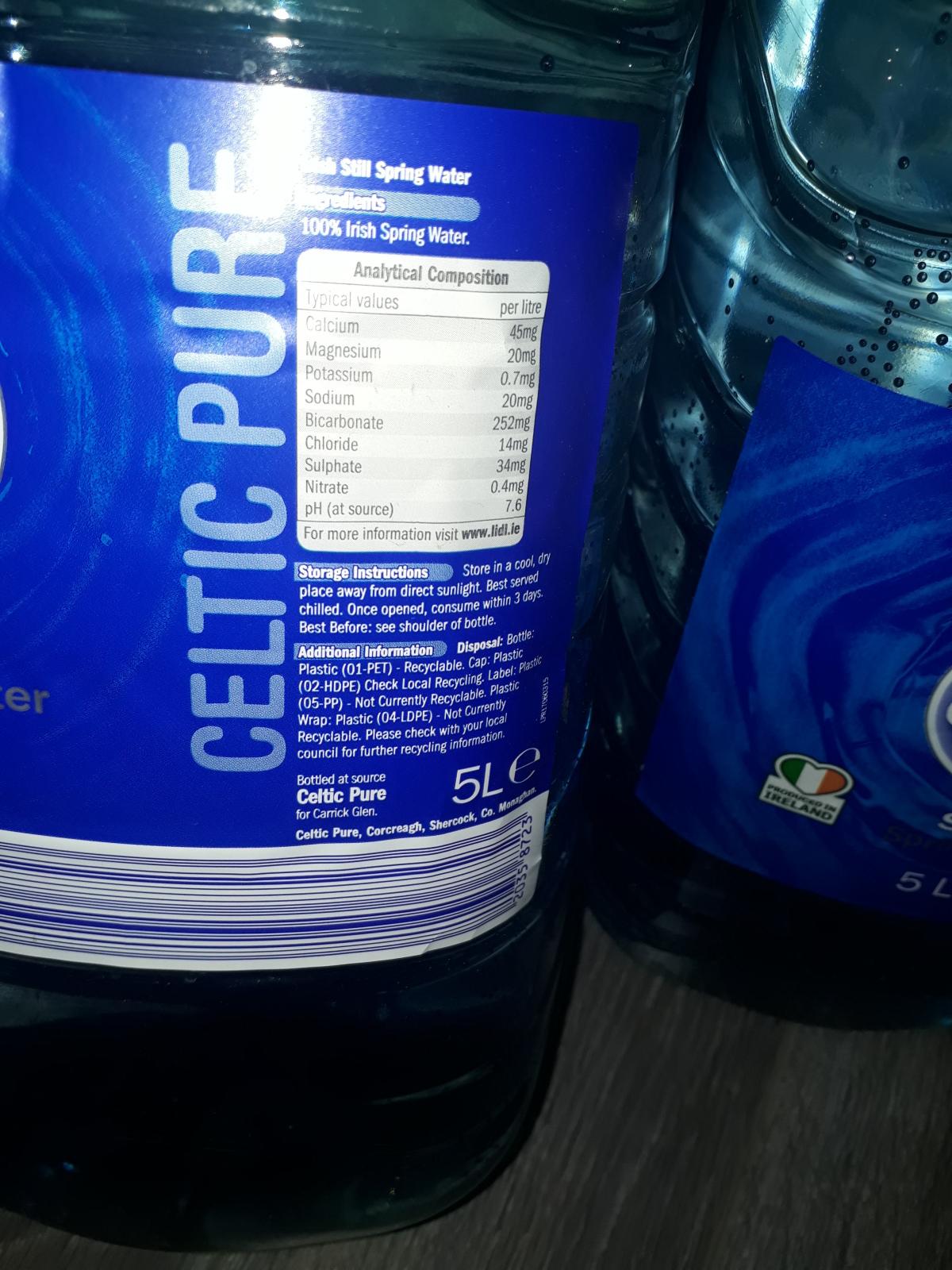cochised
Well-Known Member
After a few BIAB AG batches I did had a bad off taste and after some advice on here I think my water may be part of the problem
I've not done any water treatment before so hoping for some advice here.
The image below is a bottle of spring water from store here, with the apparent make up of the water listed.
Is it a simple process of keying these numbers into a program like Bru'nwater and then making adjustments as necessary?
Or is there more to it than that?


I've not done any water treatment before so hoping for some advice here.
The image below is a bottle of spring water from store here, with the apparent make up of the water listed.
Is it a simple process of keying these numbers into a program like Bru'nwater and then making adjustments as necessary?
Or is there more to it than that?





